I know, is kinda impossible to settle a proper date to which party this fantastic world. But at least i tried !
If we want to be precise (or at least objective) i think we should use the date on which Stallman decided to start it’s GNU Project that was on September 27, 1983 (so, sorry for the late happy birthday ?).
I must admit that the reason behind the start of the GNU Project is kinda hilarious. That’s what i know (still not fact checked): apparently Stallman was having problem with a xerox printer and asked for the firmware source code in order to fix it and share this with others, but xerox said no. And this made Stallman react in a full futurama Bender Style.

So, the GNU Project is born.
Jokes aside. Let’s review some practice that were pretty common back then and how and why they changed.
The Xerox Response – some context
So, prior to this incident, in the 70s was very common for developers to share between them the source code of various programs or devices. There was still not an attention on how much the code is actually valuable. And xerox was used to this practice too (among many other companies).
Only in the 1981 we can assist to a proper “Software Industry” (that consequently moved Xerox to say no to Stallman request) initiated by IBM and the introduction of personal computers around the world. You may ask: “IBM ? What they have to do with software ?”. Well more then you can think. But wasn’t only them because in all this a really important role was played by our dear beloved (and hated) Bill Gates, that started to build his empire by patenting and licensing “his creatures”: DOS, Word, Windows and at last Office.
And so GNU is Born
Stallman (for me a very controversial figure under many point of views) starts building the first free operative system the he calls GNU (GNU’s Not Unix) that see his first lights around 1992 (with still an important feature missing: it’s proposed kernel GNU Hurd). Luckily, the most “polite” person in the world, at that time ended his project: Linux Kernel. Yes, I’m talking about Linus Torvalds (if you want to know why i labeled him “polite” check his video when he talk about nVidia).
So, around 1992 more or less, thanks to GNU and Linux Kernel for the first time ever it was possible to run an operating system composed solely of free software.
Pillars of Free Software
- The freedom to run the program as you wish, for any purpose (freedom 0).
- The freedom to study how the program works, and change it so it does your computing as you wish (freedom 1). Access to the source code is a precondition for this.
- The freedom to redistribute copies so you can help others (freedom 2).
- The freedom to distribute copies of your modified versions to others (freedom 3). By doing this you can give the whole community a chance to benefit from your changes. Access to the source code is a precondition for this.
Enough history, what about today ?
OSS, FOSS, FLOSS…i will not bother you with those acronym more then i should. For me, at moment, do not have sense. Rather I’m gonna spend very few words about the current situation and why the free software ain’t conquering the world (even if we can safely say that it did, just another world. The server one).
I hope you realized by now that we are still highly conditioned by the power of Money. Unfortunately we, as global society, centered everything on it. On simple plastic and paper that have a value that some people control.
On your planet, currency is money. In the Union, it’s reputation. So if you do something, anything, that benefits our society, and you work hard at it, you’re rich.
A better alternative to money-centric society
End of my digression. Besides the power of some people and money around this world…i can safely say that biggest problem concerning the open source world is: COMMUNICATION.
We have, more time then i can count, proved that people defending this world, working in this world, advocating for this world, have all the communication skills of a potato (and some time of an entitled hooker full of STDs). In the mean time big companies can afford brilliant minds in order to advertise their product and make business contracts in order to equip every single computer ever manufactured with Windows on it (talking to you Bill Gates mom that convinced John Opel – IBM CEO – to bet on his son company).
So. Yes, money is the greatest motivator for everybody and created this sense of: “i pay for it, it has to be good”. That is objectively hard to rebut in way to many cases.
Because of our greed we cannot understand/believe/process people that use their free time and resources in order to share something (sometime small, sometime gigantic) for the world to enjoy, cost free. But, think at least for a second what open source has given to you:
- The Top 500 Supercomputers run Linux
- Your beloved smartphone O.S. (no matter is Android or iOS)
- Your dear MacOS system
- The countless libraries used in this very blog and many other website you use on daily basis
What to do ?
Instead of being closed in your Microsoft/Apple world, take you time and take a look around what the Linux world has to offer and it’s innumerous applications.
You would be delighted not only for the quality of the product but also for the amazing and great support you will receive from the community in general (yes, internet is generally a toxic place, but those community are still ok. Full of people ready to help you). So, wherever you are in the world go and search for your own LUG (Linux User Group).
Security: Open vs Closed
Are years that the debate about “what’s most secure” if open or closed source software goes on. Many people (much more smarter and prepared then me) have communicated their opinion and what not. So, im gonna save you the headache of countless hours of research:
- 100% Secure is impossible to achieve in the IT World.
- A software is “secure” when you have a “secure developer”
- To have 1.000 people looking at your open source code do not guarantee that even 1 in this 1.000 have the proper knowledge, experience or time to audit and fix your code from possible bug.
- Closed Source Software are even more funny and challenging to hack. With public open source code the audience that change over time will eventually “create” that 1 person that will find and fix your security issue (but is not assured, to many factor to consider) and in closed source you will never have this. Leveraging security always on the same eyes and the system putted in place to find eventual bug.
As always,
Stay Safe !


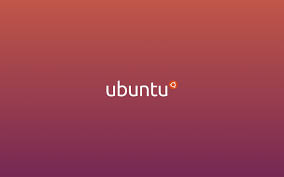


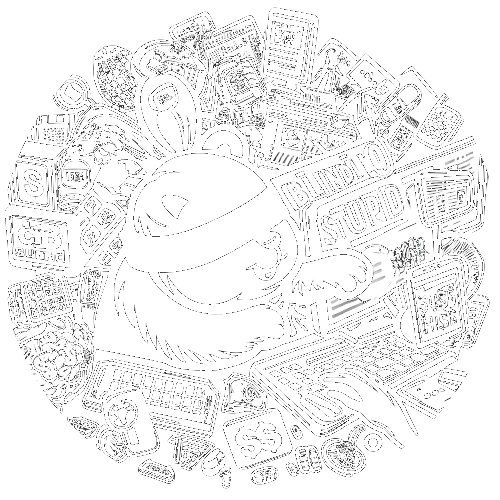

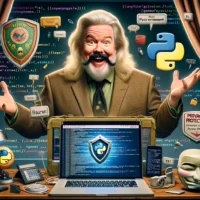
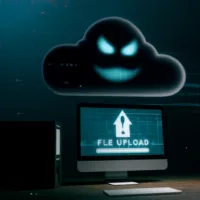

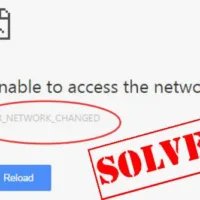




I have been browsing online greater than 3 hours these
days, but I by no means discovered any interesting article like yours.
It’s lovely price enough for me. In my view,
if all website owners and bloggers made just right content as
you probably did, the web might be a lot more helpful than ever before.